MAASIM, Sarangani (October 16, 2010) – The 25 participants from barangays Poblacion, Malbang, Kanalo, Lumasal, Amsipit, and Lumatil are now TESDA-certified skilled workers who completed the three-day basic skills training in carpentry, masonry, and plumbing thru the program of Kalahi-CIDSS implemented by DSWD held at Gimena’s Place in barangay Colon Thursday, October 14.
“I would like to congratulate the participants who passed the training, sana ito na ang simula ng kanilang pangarap na makaahon sa kahirapan at mabigyan ng magandang bukas ang kanilang mga mahal sa buhay,” Mayor Jose Zamorro said.
Kalahi-CIDSS is the national government’s flagship
poverty–alleviation project which stands for Kapit-Bisig Laban sa Kahirapan–Comprehensive and Integrated Delivery of Social Services – Kapangyarihan at Kaunlaran sa Barangay through the financial support of the World Bank.
“Actually hindi matatawag na training ito kasi three days lang, we will just screen them for those who qualified for TESDA (Technical Education and Skills development Authority) certification,” said Engr. Wilnard Quiῆones, deputy area coordinator of Kalahi-CIDSS.
“The program really aims to encourage these indigents to become more productive, ang training na ito will be beneficial especially to skilled workers of Maasim to gain employment opportunities,” Kalahi-CIDSS area coordinator Abdullah Lilangan emphasized.
Of the projects being implemented, basic social service facilities such as water system, school building, day care centers and health stations top the list.
“Sa aking pagkakaalam, may malalaking industrial company na papasok dito sa Maasim, isa na rito ang Conal Holdings Corporation. Through this training kakailanganin talaga ang kanilang mga skills,” said municipal engineer Elisio Diola II.
“I would like to thank Mayor Zamorro for being supportive to the implemented program of the DSWD. He understands the situation of our community that is why all out ang support niya dahil nakikita niya na kailangan talaga dito sa Maasim ang mga ganitong programa,” said municipal social welfare and development officer Malou Busano.
Kalahi-CIDSS project follows the Community-Driven Development (CCD) model designed to mobilize the capacity of the local people to analyze their own need, manage resources, and implement appropriate interventions.
CCD employs strategies that development priorities are addressed in a participatory, collective and inclusive decision-making. In Kalaji-CIDSS, control over resources is in the hands of the poor. (MAASIM NEWS CENTRAL/Joel Pinos)
Saturday, October 16, 2010
Subscribe to:
Post Comments (Atom)




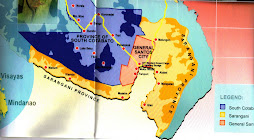

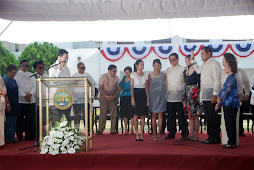
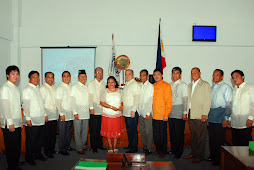

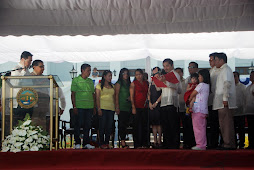
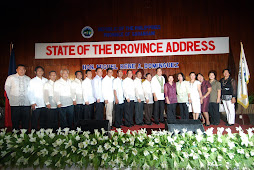
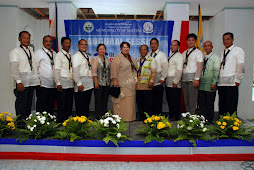




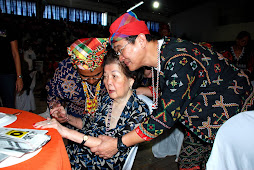


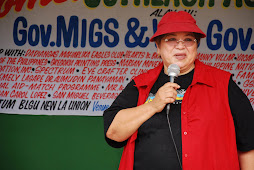
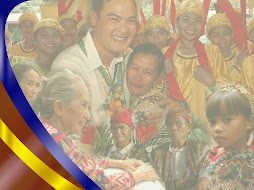

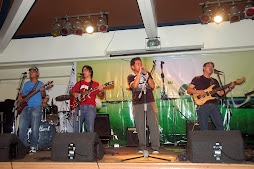









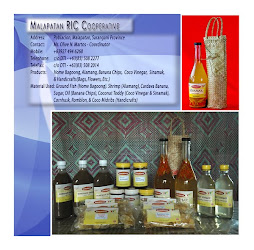

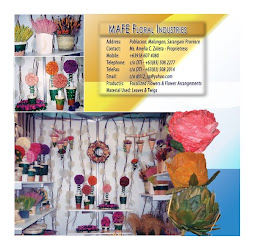
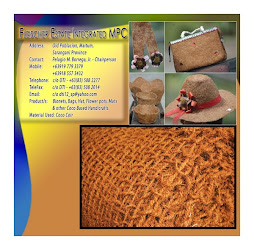

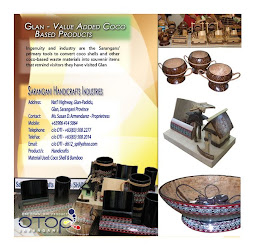

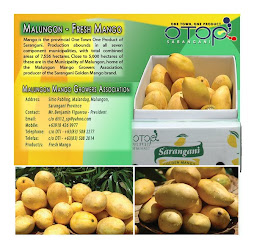
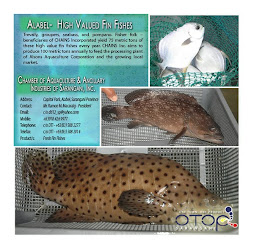


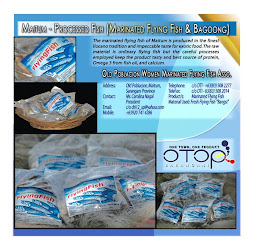
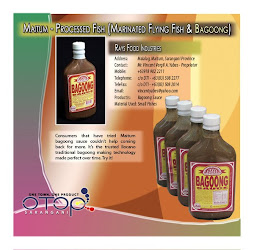
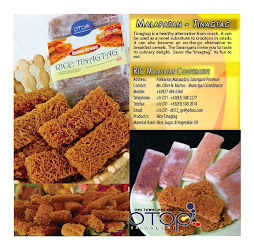

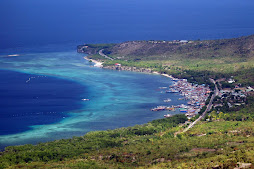
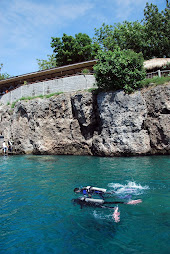



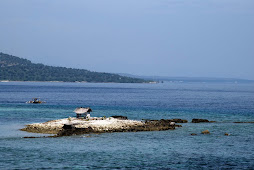
No comments:
Post a Comment